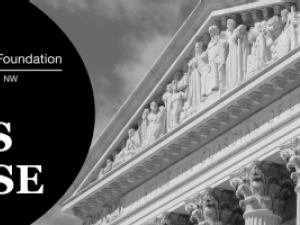The program known as the 'San Pedro Ports Clean Air Action Plan' (CAAP) proposes new fees and restrictive practices on truck operators in the ports in an attempt to reduce vehicle and other emissions. It is being spearheaded by port officials along with local political leaders.
In respective letters to the Port of Los Angeles and Long Beach, League Executive Vice President Peter J. Gatti said, 'While the League is in support of the Plan's stated goals and objectives of fostering a clean environment, we believe that it will unnecessarily increase costs, reduce competition, threaten vital operating capacity and most importantly will have a minimal effect toward improving the environment.'
Of particular concern to the League is a provision in the CAAP requiring that all drivers must be employees rather than independent contract drivers. Gatti said this requirement would, 'have absolutely no impact on the environment' Instead he said it, 'will have the greatest negative impact on small and medium size companies currently performing services at the ports, and could drive a number of such companies out of business.'
The League was also critical of the way the CAAP was devised. Of particular concern is that the Plan, 'seems to have been developed in a 'vacuum' without industry involvement and that the impact of the plan has not been thoroughly analyzed.'
Instead of imposing serious financial burdens on the industry, as proposed in the CAAP, the League suggested that economic incentives to the private sector would achieve the same goal of introducing new and cleaner trucks to the ports on a similar, if not shorter time period as compared to the CAAP. Regardless of the approach it said,' it is critical that a comprehensive analysis of the economic impact of the CAAP be conducted before additional, and potentially unnecessary, costs are imposed on industry.'








